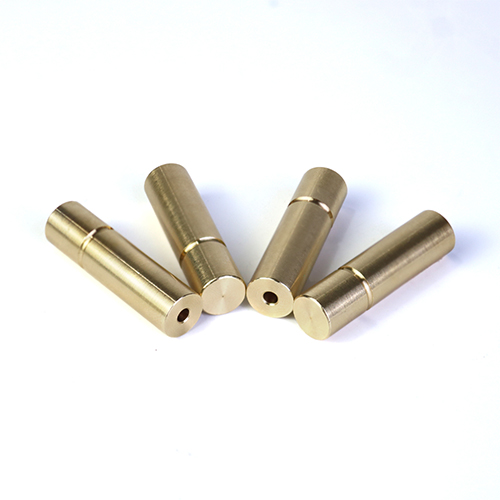
Brass, an iconic alloy of copper and zinc, is celebrated for its unique properties and versatility. Known for its golden appearance and remarkable functionality, brass has become a staple material in a wide range of industries. From decorative pieces to vital mechanical components, its uses are as diverse as its benefits. Let’s dive into the functions of brass and why it continues to be a sought-after material in manufacturing and design.
Corrosion Resistance: A Material for All Environments
●Marine hardware: Such as propellers, portholes, and ship fittings, where resistance to seawater is essential.
●Plumbing fixtures: Faucets, valves, and pipes made of brass are durable and resistant to rust.
●Outdoor fittings: Weather-resistant properties make brass ideal for garden equipment and decorative pieces exposed to the elements.
Aesthetic Appeal: Beauty in Functionality
●Jewelry and accessories: Brass mimics the appearance of gold at a fraction of the cost, making it popular in fashion.
●Architectural elements: From door handles to light fixtures, brass adds elegance and sophistication to interior and exterior designs.
●Musical instruments: Instruments like trumpets, trombones, and saxophones are crafted from brass for both their tonal qualities and visual appeal.
Mechanical Strength: Powering Industrial Applications
●Gear manufacturing: Brass gears are preferred for their durability and low friction, ideal for small machines and precision tools.
●Bearings and bushings: The alloy’s ability to reduce friction and withstand wear makes it a reliable choice.
●Fasteners: Brass screws and bolts are commonly used in applications where strength and resistance to corrosion are critical.
Antimicrobial Properties: A Health-Safe Material
●Healthcare facilities: Brass is used in hospital equipment, door handles, and handrails to reduce the spread of infections.
●Food processing equipment: Ensuring hygiene in tools and machinery that come into contact with consumables.
●Residential spaces: Kitchen fixtures and utensils made of brass contribute to healthier living environments.
Thermal Conductivity: Heat Management in Critical Applications
●Heat exchangers and radiators: Used in both industrial and automotive settings for their excellent thermal properties.
●Cooking utensils: Brass pots and pans provide even heat distribution, ensuring superior cooking results.
●Precision instruments: Scientific and industrial devices often rely on brass components for accurate temperature management.
Cost-Effectiveness: A Practical Choice
Compared to pure copper, brass is more affordable, making it an attractive material for both industrial manufacturing and consumer products. Its cost-effectiveness, coupled with its durability, means that industries can create high-quality products without breaking the bank. Whether used for mass production or custom designs, brass delivers exceptional value.
Brass: A Material of Endless Possibilities
From its functional strengths to its decorative charm, brass remains a cornerstone material in industries ranging from construction and engineering to art and healthcare. Its combination of durability, versatility, and aesthetic appeal ensures its place as one of the most sought-after materials in the modern world. As industries continue to innovate, the applications and functions of brass will only expand, reaffirming its role as an irreplaceable asset in manufacturing and design.
Post time: Dec-05-2024




